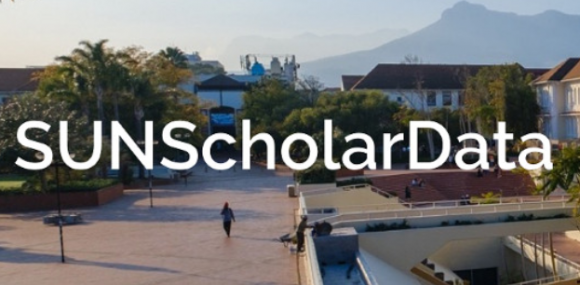Research data management is a core part of responsible research conduct; it covers the entire research data lifecycle and ensures the integrity, confidentiality and availability of research data. Within the legislative realm of data protection, researchers need to understand their role and responsibilities in terms of various legislation and regulatory guidelines on protection of data, most notably the South African Protection of Personal Information Act 4 of 2013 (POPIA). It is for this purpose that the University developed and adopted research data management regulations for researchers. These regulations are aligned with the FAIR Principles (data should be Findable, Accessible, Interoperable, and Reusable), which serve as the international standard for Open Data and Open Science. The aim of these principles is to ensure that research data remains accessible and usable not only during the research lifecycle but also after the project concludes, promoting the sustainability of academic contributions.
The RDM regulations are not designed to lock research data away but rather to strike a balance between safeguarding sensitive information and ensuring ease of access for future research.
Why SU RDM regulations are crucial
SU researchers are strongly encouraged to familiarize themselves with these regulations, as they play a pivotal role in the proper planning, handling, and management of research data. The importance of adhering to these guidelines extends far beyond SU’s borders. The RDM regulations integrate a range of existing policies and legislations, both at the national and international levels, reflecting the complex landscape of data governance. These include national legislation, policies from research funders, regional and local guidelines, institutional policies, discipline-specific community standards, and publication-specific policies (journal requirements).
Given the diversity of data policies across these sources, researchers often find it challenging to remain compliant, especially regarding local institutional rules such as SU’s RDM regulations. This uncertainty is more prevalent in fields where data practices are less regulated. The SU RDM regulations seek to eliminate this ambiguity by equipping researchers with the knowledge and tools needed to manage their data effectively, ensuring both compliance and ethical data use.
Support and advocacy through the Library and Information Service
The Library offers a wide range of support services to assist researchers with RDM, including guidance available through the RDM LibGuide. These resources help ensure that research data is properly managed in alignment with the institution’s standards and broader legislative requirements. To facilitate compliance with these regulations, the library services provide researchers with SunDMP, a data management planning tool designed to help structure and plan for responsible data handling throughout the research process. Moreover, research data can be stored and shared in SUNScholarData, SU’s institutional data repository, which ensures long-term preservation and access to data in line with global best practices.
SU’s RDM regulations advocate for the sharing of research data as a means of promoting scholarly communication, transparency in research, and maximizing the return on resources invested in SU’s research efforts. By encouraging the open sharing of data, these regulations support a collaborative research environment, where data is not just a byproduct of research, but a resource that amplifies the impact and reach of SU’s contributions to global knowledge.
Please contact Sizwe Ngcobo or Xabiso Xesi at rdm@sun.ac.za for any enquiries.




